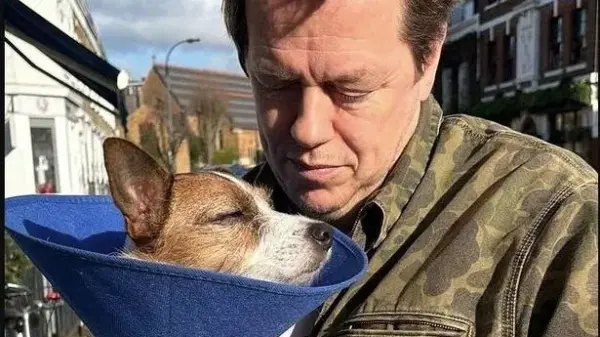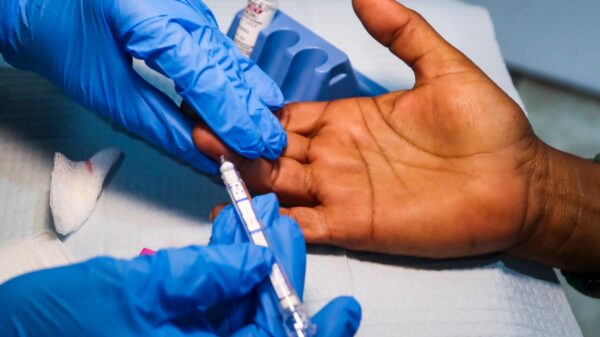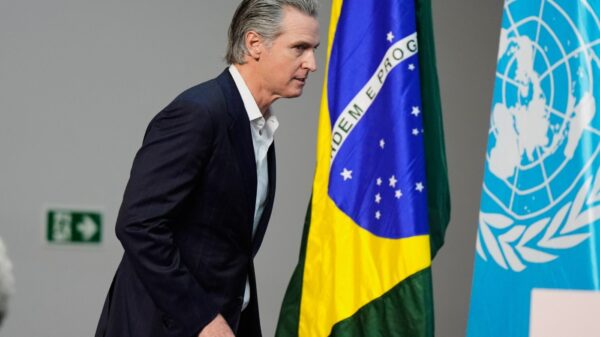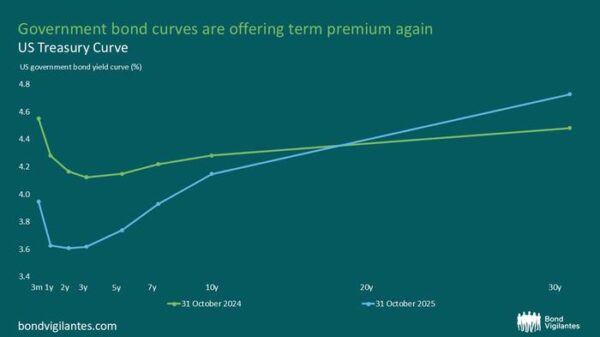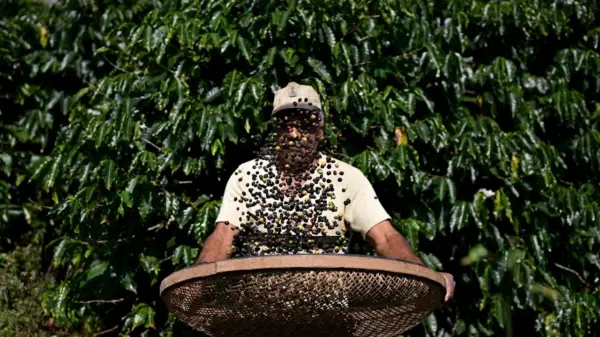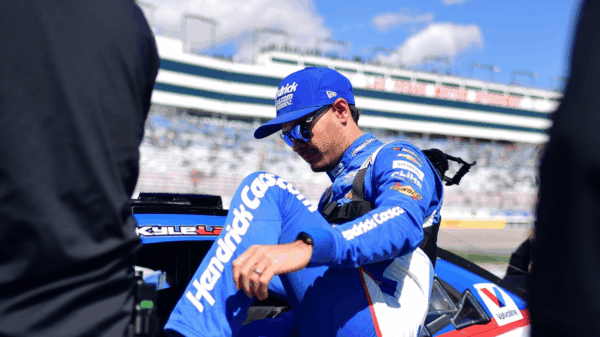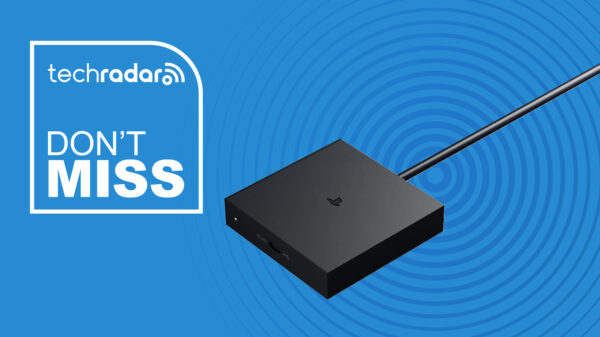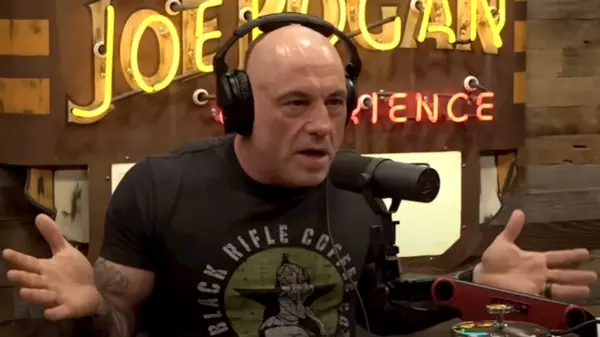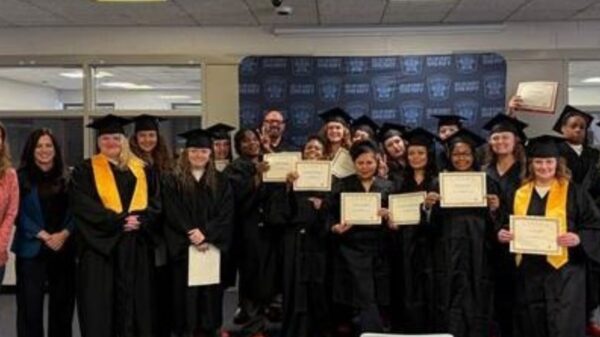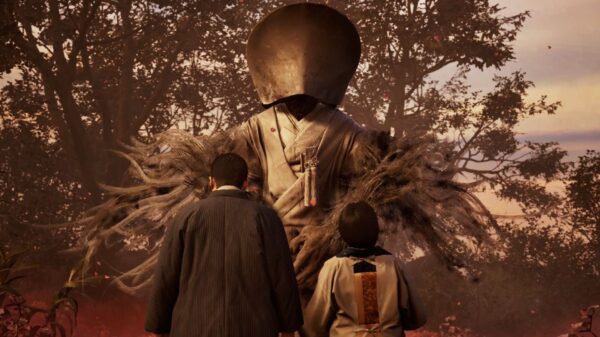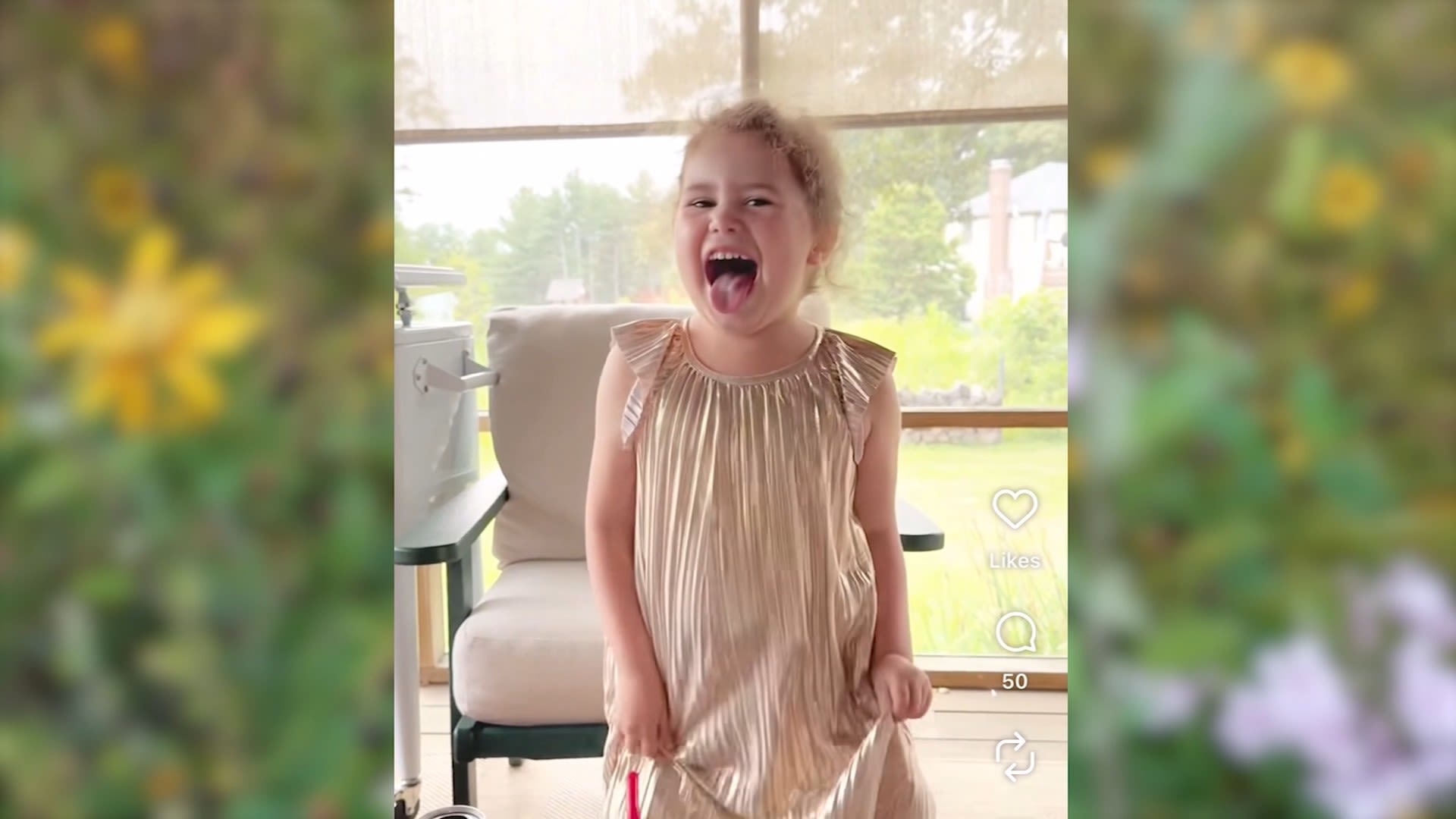The recent decision by the U.S. government to cut funding for the Pediatric Brain Tumor Consortium (PBTC) has left families grappling with the implications for their children’s treatment options. This change disrupts access to vital clinical trials for experimental therapies, leaving families like that of 5-year-old Juliette Lesko facing uncertainty and despair.
Juliette has been battling an incurable form of brain cancer known as ependymoma for two years. After undergoing two brain surgeries, 30 sessions of radiation, and experiencing two relapses, her family turned to an experimental drug. The effectiveness of this medication remains uncertain until Juliette’s next brain scan, scheduled for later this month. “If it shows the tumor has grown, it means the treatment is not working,” her father, Jim Lesko, told CNN. “We need to try something new and we need to try it fast.”
Just as the Leskos were exploring a promising clinical trial in Texas, the PBTC announced it would cease accepting new patients. Jim Lesko expressed his frustration, saying, “It’s like the rug has been pulled out from under us.” The PBTC has historically provided critical access to experimental treatments through clinical trials, but funding cuts from the National Cancer Institute (NCI) have jeopardized its future.
In August, the NCI, the primary federal agency for cancer research, announced it would no longer fund the PBTC, which has been operational for the past 25 years. This decision comes amid broader turmoil in cancer research funding under the Trump administration, which has seen deep cuts to the National Institutes of Health (NIH) and significant staffing losses.
The Department of Health and Human Services (HHS), which oversees the NCI, stated that the funding changes were intended to allow resources to be “more effectively used.” They assured that clinical trials would transition to a new network focusing on a wider range of pediatric cancers, which they claim will enhance the capacity for pediatric brain tumor studies. A source familiar with the situation confirmed that this decision was not directly related to the administration’s broader budget cuts.
Despite these reassurances, many in the pediatric oncology community are expressing concern. More than ten pediatric oncologists and cancer advocates have voiced their apprehensions to CNN. “There is a feeling of despair; how are we going to make this work?” said Eugene Hwang, a pediatric neuro-oncologist at Children’s National Hospital in Washington, D.C. He emphasized that the challenges in pediatric brain cancer research are not due to the cancer itself worsening, but rather a decline in research capabilities.
The impact of the funding cuts is already being felt, with six clinical trials under the PBTC halting new patient enrollments. These include the Texas-based ependymoma immunotherapy trial that the Leskos were hoping to join. Ira Dunkel, a pediatric oncologist and chair of the consortium, noted that approximately 200 patients could potentially miss out on critical trials due to this disruption.
As the PBTC faces an uncertain future, two promising trials are delayed, including a vaccine-based treatment for pediatric brain cancer developed by Hwang and colleagues. Hwang’s proposal, which demonstrated effectiveness against a particularly aggressive brain cancer in animal models, was ranked among the top 7% of grant applications this year. However, due to significant budget reductions at the NCI, only the top 4% will receive funding, jeopardizing this vital research.
The ramifications extend beyond current trials. Hwang pointed out that funding cuts have disrupted crucial research that could benefit diverse populations, particularly in understanding the unique challenges faced by Black childhood cancer survivors. Some grants focused on critical areas, such as why certain chemotherapy drugs cause heart failure in specific patient groups, have been suspended due to perceived misalignment with the administration’s priorities.
For families like the Leskos, the recent policy changes have intensified feelings of helplessness. Earlier this year, President Trump highlighted the plight of children battling cancer, emphasizing the need to address rising childhood cancer rates. Jim Lesko recalled the hope he felt seeing ependymoma mentioned in the news. Now, with treatment options dwindling, he describes the situation as “more insulting than hurtful.”
The National Brain Tumor Society, a non-profit advocacy organization, plans to submit a petition to the NCI this month, which has already gathered over 1,000 signatures, urging the reconsideration of the decision to cut funding for the PBTC.
As the landscape of pediatric cancer research shifts, families are left to navigate the complexities of a system that is increasingly strained by funding challenges. The hope for continued innovation in treatments is now overshadowed by uncertainty, underscoring the urgent need for sustained investment in pediatric cancer research.













